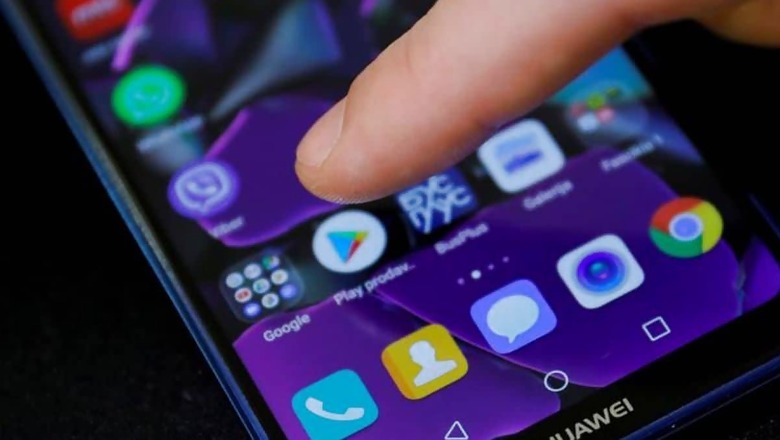
views
A global surge in hacking and cyber-attacks is becoming evident. Recently, a major hacking attack has caused big damage to a well-known Android app. Interestingly, this app is actually a spyware app with a controversial business model. This app, known as LetMeSpy, has shut down its operations due to the breach.
On its website, LetMeSpy, based in Poland, has officially declared its closure due to a data breach that wiped out its servers. The notice, available in both English and Polish, confirms the app’s “permanent shutdown.”
The LetMeSpy app’s website notice reveals that the breach involved unauthorized access to their database. The attacker downloaded and simultaneously deleted data from the website. As a result, the app is now preventing users from logging in or creating new accounts.
LetMeSpy first made notification of the breach in June this year. “On June 21, 2023, a security incident occurred involving obtaining unauthorised access to the data of website users,” read a notice on its website.
For those unaware, LetMeSpy was an Android phone monitoring app that was purposefully designed to stay hidden on a person’s phone home screen, making the app difficult to detect and remove. Once downloaded on the phone, it continually tracked messages, call logs, and real-time location data of that device.
Recently, Researchers found a new smartphone vulnerability in text messaging that could allow attackers to trace users’ locations. Using a machine-learning program on data from the SMS system, the research group exposed this flaw, allowing hackers to locate victims just by knowing their phone numbers.
According to the report, this method works regardless of whether the communications are encrypted. The vulnerability has been seen in Android operating systems, but there is no evidence of active exploitation yet.
The research group, led by Evangelos Bitsikas, a US-based-Northeastern University PhD student, exposed the flaw by applying a sophisticated machine-learning programme to data gleaned from the relatively primitive SMS system that has driven texting in mobile phones since the early 1990s, Northeastern Global News reported.



















Comments
0 comment